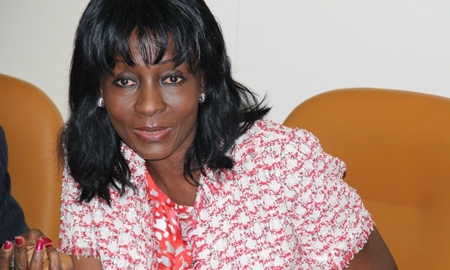
In August of 2011 a decision was made by the Asset Management Corporation of Nigeria (AMCON) to recapitalise three of the country’s banks to the tune of 15 per cent Capital Adequacy Ratio through the bond issuance. The recapitalisation of Mainstreet Bank, Keystone Bank and Enterprise Bank was aimed at boosting the bond market. The Central Bank of Nigeria revoked the operating licenses of Afribank, Bank PHB and Spring Bank for failure to consummate binding mergers and acquisitions toward recapitalisation.
These events occurred on August 5th of last year, ahead of the original September 30th deadline, and Afribank, Bank PHB and Spring Bank were replaced by Mainstreet Bank, Keystone Bank and Enterprise Bank respectively. The institutions are now run by AMCON. This nationalisation of some of Nigeria’s financial institutions is thought by analysts to minimize many of the risks and problems that would have stemmed from liquidation. The full deposit liabilities of these financial institutions would have been a serious burden for the Nigerian Deposit Insurance Company and the Central Bank of Nigeria had liquidation occurred, and could have led to another cycle of job-losses.
Group Managing Director and Chief Executive Officer of Mainstreet Bank, Faith Tuedor-Matthews, has over two decades’ experience working with leading banks in Nigeria. At present Ms. Tuedor-Matthews is working with both the shareholders and management teams at Mainstreet Bank in order to turn the institution around in preparation for its sale to private investors. From a customer’s perspective the bank had to be stabilised in order to win back confidence in the institution.
“There were a number of measures that needed to be taken once we concluded a wide-ranging diagnostic study of the bank. First, we needed to stabilize the organisation in terms of its staff and customers. This bank is over 50 years old, but has never gone through any major transformation. There had been about three government interventions before we came in. So, some staff were apprehensive about their job security. Although the previous bank’s license was revoked, we took on every member of staff,” Ms Tuedor-Matthews said of the changeover, before going on to highlight the investment potential the new rebranded bank enjoys. “There were issues that led to the nationalisation of these banks.These have largely been addressed now by the regulators. There is now greater levels of disclosure and transparency; stronger risk management and corporate governance framework in all banks, and as a result a stronger financial services sector.”
0 COMMENTS